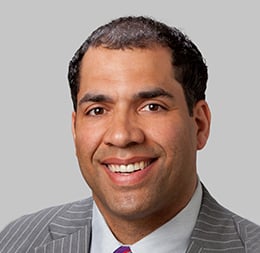We are honored to have Tom Hassenboehler, Chief Counsel to the Energy and Power Subcommittee, U.S. House of Representatives Energy & Commerce Committee, join us to provide his thoughts and outlook on where the industry is headed in 2014. Mr. Hassenboehler manages some of the committee’s most pressing issues, including the Keystone XL pipeline and the Environmental Protection Agency’s greenhouse-gas regulations.
Topics
- Who is going to pay for grid security?
- Tax extender proposal and Senate Finance Committee markup – what impact will it have on renewable energy?
- Has energy storage found a place in the Beltway’s view of U.S. generation?
- Will the EPA allow new coal plants to be built?
- The federal government’s role in energy efficiency.
- Keystone XL and its prospects.
- Should the United States export gas/oil?
- Future of nuclear power, including waste storage.
Speakers
- Tom Hassenboehler, Chief Counsel, Energy and Power Subcommittee, U.S. House of Representatives Energy & Commerce Committee
- Jason W. Allen, Partner, Foley & Lardner LLP
- Bradley D. Jackson, Partner, Foley & Lardner LLP
- Scott Klug, Director of Public Affairs, Foley & Lardner LLP
RSVP
There is no cost to participate in this program, but pre-registration is required.
For additional information, please contact Zulaikha Rahim at zrahim@foley.com.
People
Related Insights
June 18, 2025
Energy Current
FERC Issues Guidance on Treatment of Criminal Regulatory Offenses
On June 16, 2025, the Federal Energy Regulatory Commission (FERC) issued a Notice of Guidance regarding the consistency of its existing…
June 18, 2025
Foley Viewpoints
Legal Reasoning Still a Struggle for LLMs
The authors in this paper created a benchmark including long-form, open-ended questions and multiple-choice questions to evaluate the…
June 18, 2025
Health Care Law Today
HIPAA Risk Analyses for Digital Health: Navigating AI, M&A and Vendor Diligence
HIPAA Security Risk Analyses (SRAs) should be the foundation of every digital health company’s cybersecurity compliance. Far more than a…
